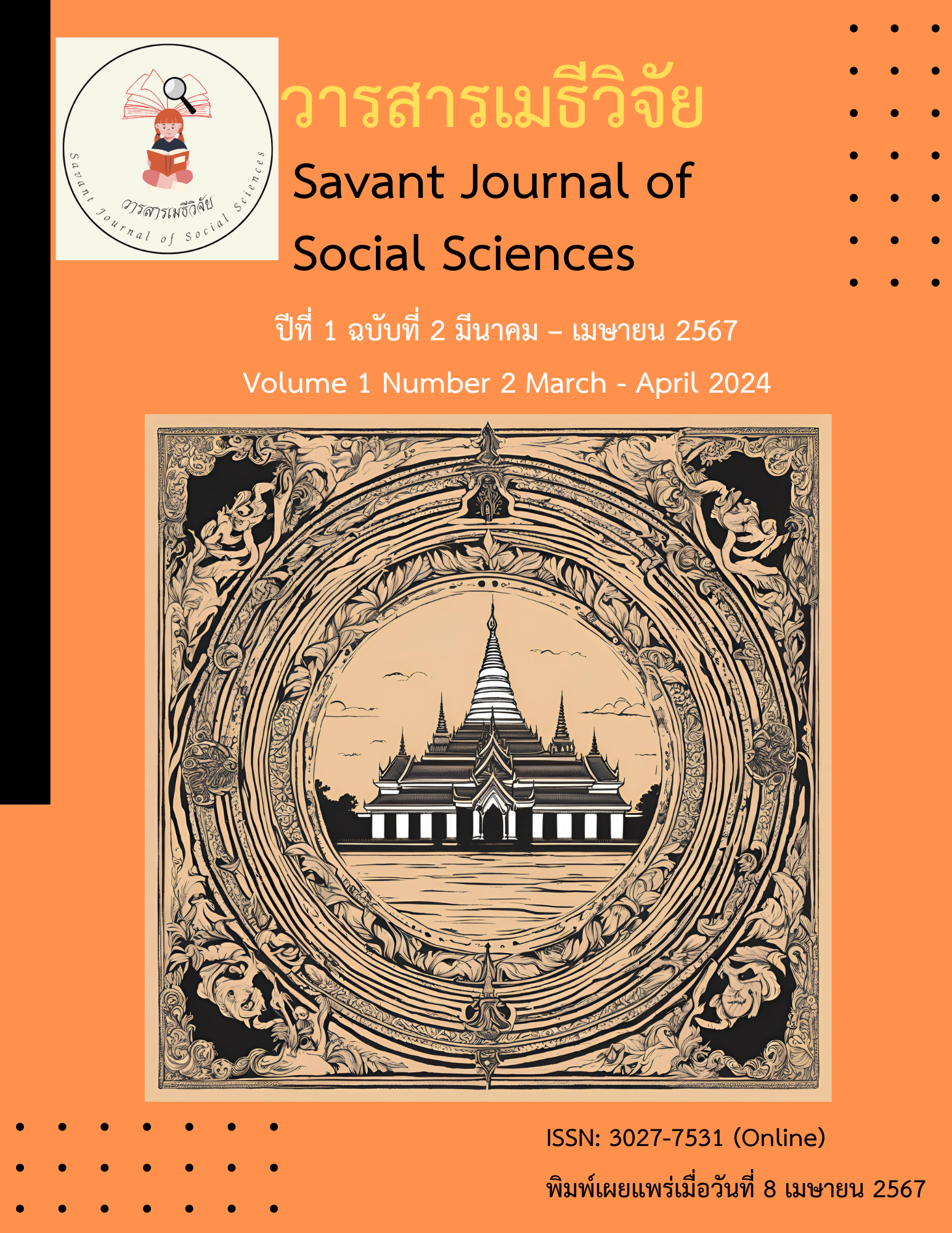Employment trends under the future world of work
Keywords:
employment trends, future workAbstract
lobal trends (Megatrends) result in changes. in terms of economy, society, business, culture, and the well-being of people in society Technology has been widely used. In the period of the 13th National Economic and Social Development Plan, trends in digital technology advancement play a role. Important in determining the direction of the country. These changing trends both at the global and national levels have an unavoidable impact on the labor market. The direction of the labor market in the future so that the government sector can support changes in the labor market to occur efficiently and fairly in order to promote economic growth, employment, income, and access to workers' rights and welfare.
Labor Market Information Management Division Department of Employment Therefore, there has been a study of the future direction of the Thai labor market in 6 industries, consisting of 1) Agricultural industry. (Organic agriculture) 2) Agricultural industry (Intelligent agriculture in plants) 3) Health food product manufacturing industry 4) Logistics industry (maritime transport), 5) marine and beach tourism industry, and 6) cultural tourism industry. To prepare for future changes. or to design a desired future. However, such knowledge Makes it possible to see the direction of labor demand careers and skills that the labor market will need in the future to a certain extent This will be information for planning production and developing manpower in line with the needs of the labor market.
References
อภิวัฒน์ รัตนวราหะ และคณะ. (2567). คนเมือง 4.0 : อนาคตชีวิต ในเมืองประเทศไทย. สืบค้นเมื่อวันที่ 2 มีนาคม 2567. เข้าถึงได้จาก https://khonthai4-0.net/content_detail.php?id=142.
อมรชัย บ้านเมือง. (2567). การเตรียมพร้อมรับการเปลี่ยนแปลงด้วย “การมองอนาคต” . สืบค้นเมื่อวันที่ 2 มีนาคม 2567. เข้าถึงได้จาก IN https://innovationhub.mof.go.th/?page_id=2032 NOVATION HUB (mof.go.th).
สำนักงานนวัตกรรมแห่งชาติ. (2562). เครื่องมือการมองอนาคต (Foresight Tools). กรุงเทพฯ: กระทรวงวิทยาศาสตร์และเทคโนโลยี.
ชมพูนุช หุ่นนาค. (2562). ระบบอภิบาลกับการพัฒนาเกษตรอินทรีย์ในประเทศไทย. วิทยาลัยนวัตกรรมการจัดการ มหาวิทยาลัยเทคโนโลยีราชมงคลรัตนโกสินทร์. วารสารมหาวิทยาลัยศิลปากร. 39(3).
กิตธวัช บุญทวี และคณะ. (ม.ป.ป.). ความเป็นผู้ประกอบการ การจัดการความรู้ กลยุทธ์การตลาด ความสามารถทางนวัตกรรม และผลการดำเนินงานของธุรกิจเกษตรอินทรีย์ในประเทศไทย. วารสารวิจัยและส่งเสริมวิชาการเกษตร.
นันทกร บุญเกิด. (2548). เกษตรอินทรีย์ สรุปการผลิตในระบบเกษตรอินทรีย์. เทคโนโลยี เกษตรแนวใหม่.






